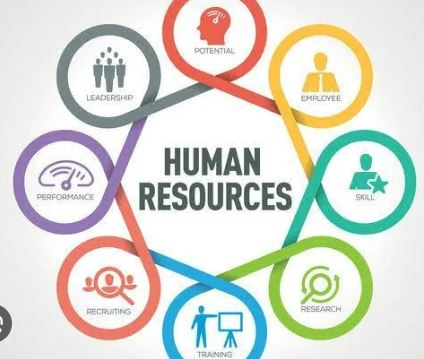
Human resources experts have advocated for the implementation of data-driven policies to enhance the labour market.
According to experts, these policies should be based on objective decision making, utilising reliable data and evidence rather than intuition or anecdotal information.
They argued that by analysing comprehensive labour market data, policymakers can identify disparities; target interventions more effectively, evaluate policy impact, anticipate future trends, and foster collaboration.
In an exclusive interview with The PUNCH, the Director-General of Nigeria Employers Consultative Association, Mr Adewale Oyerinde, said policymaking is the process by which government translates their political, economic, social, education or health vision into programmes, projects, and actions to deliver outcomes and desire changes in the real world for implementation by human resource.
According to Oyerinde, the importance of data in driving fundamental changes in the economy, and the world at large cannot be overemphasised.
He explained that data is important in the operations of an economy and increases the ability for an easy data-driven decision-making approach.
He said, “It was evident that for a policy to be effective it must be based on facts and facts set standards for evaluation, which nurtures policies. Data-based policymaking ensures accountability in management. Poor planning and non-use of data for policy decision-making are predominant in developing economies and much more noticeable in Nigeria, often characterised with policy inadequacy, inconsistency, and reversals.”
Oyerinde highlighted that the lack of consistency in government policies stemmed from the existence of numerous uncoordinated measures, which in turn had created obstacles for the growth of both established companies and emerging startups.
“There are instances where industry incentives are terminated before industries can fully capitalise on them, and there are also cases where policies are abruptly ended midway through their expected lifespan, adding further uncertainty and hindrance to economic development,” he explained.
According to him, this has led to the closure of several businesses and resulted in the loss of revenue to the Government, an increase in employment rates and social vices in the country.
He cited the 2022 Fiscal Policy Measure roadmap, which should expire in 2024, but experienced abrupt disruption midway into the implementation without any compelling reasons or appropriate engagement with the affected industry stakeholders.
“It is believed that the private sector is unarguably the backbone for revenue generation towards the effective operations of a viable economy. It is, therefore, imperative to include the organised private sector in all economic-related policy conceptualisation, designs, and implementation by all tiers of Government. Before the release of this policy, there was no formal consultation/engagement with critical stakeholders, especially the industries that are directly affected and impacted by it,” he noted.
According to him, to achieve a future of work that provides decent and sustainable work opportunities for all, policymakers must address the challenges of utilising appropriate and adequate labour market information to guide the national planning and decision-making process. Oyerinde remarked, “This can only be achieved where there exists a robust ecosystem involving both public and private sector players as well as the informal sectors in the decision-making process.”













